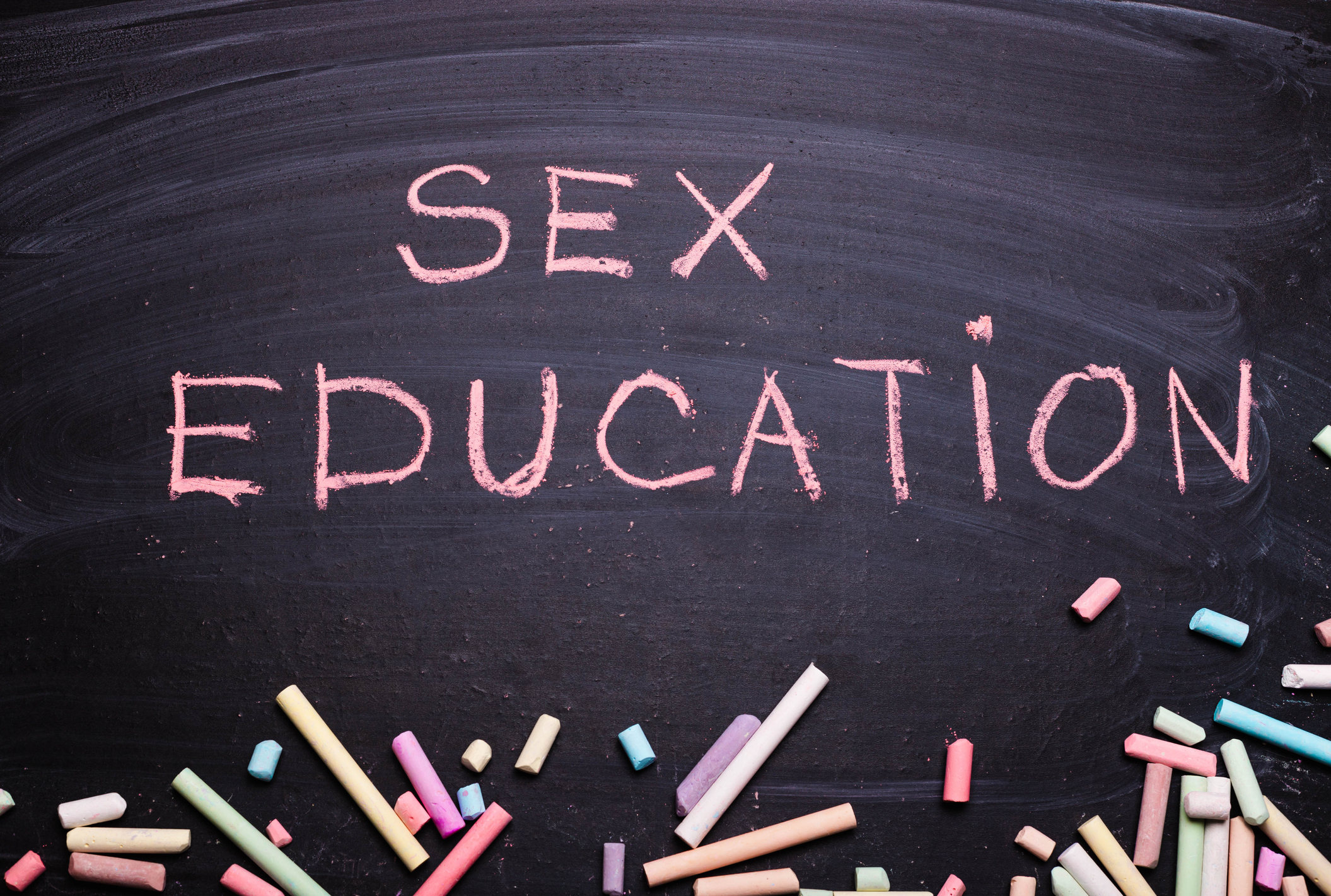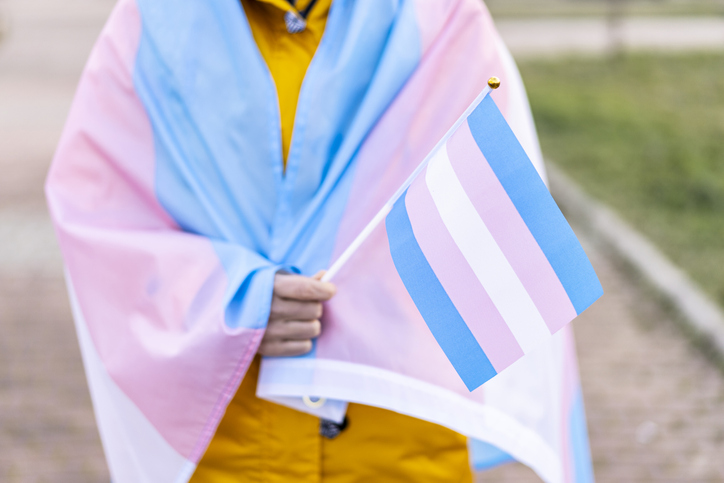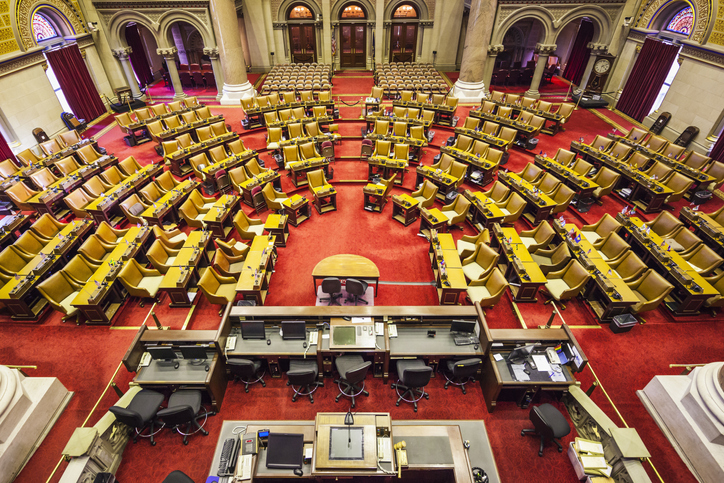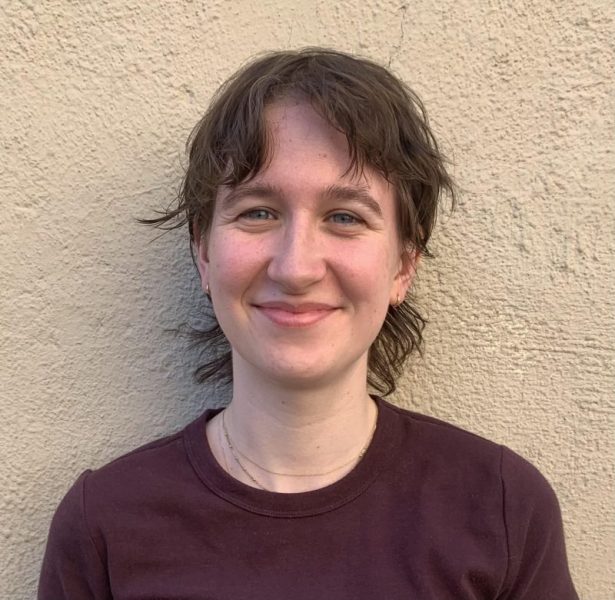SPECIAL REPORT: The Current State of Sex Ed in New York, Part 2 (includes link to Part 1)
News Based on facts, either observed and verified directly by the reporter, or reported and verified from knowledgeable sources.
With no state requirements, the nature of sex education varies wildly from Westchester to Buffalo. Controversial legislation pending in Albany could change all of that, especially for LGBTQ+ students.
Last week, in part one of our special report, we examined the current state of affairs in sex ed in New York public schools, and the implications of pending legislation aimed at revamping its requirements and making the curriculum more LGBTQ+-inclusive. In part two hear from those at the center of this issue, whose lives are affected the most: LGBTQ+ students, their parents, and the educators who would have to implement changes.

Alejandro Esteban is a 15-year-old rising sophomore at Arlington High School in Lagrangeville, New York, and an active member of the Dutchess County Pride Center Youth Board.
When asked what he recalled from his sex education experience, Alejandro — who is transgender and gay — said it was a very small section of one year in middle school.
“It was just after I came out, and it was very heteronormative,” Alejandro said. “But also like if you have sex, here are all the terrible, scary things that could happen to you, so just don’t have sex.”
Alejandro’s mother, Lynn, said she recalls that the lessons Alejandro recounted to her were over the top, fear-based. Alejandro tried to ask about subject matter that was relevant to him, but their questions were ignored.
“I tried asking about gay sex and trans people and all that type of stuff, and I was basically just pushed to the side and said, ‘oh we’ll talk about it later,’” Alejandro said. “And we never talked about it.”
Lynn shared Alejandro’s disappointment in the sex education instruction her child received, sharing that she “raised hell” about the lesson Alejandro and their classmates got.
“I was like this is not meeting my child’s needs and this is not okay,” Lynn said. “This is actually damaging and it’s going to get children killed because they’re not going to know how to have safe sex with the people they’re actually having sex with.”
“I remember thinking when Alejandro had this negative experience that there could have been people that he’ll date in that classroom,” Lynn said. “Like these kids are maybe his future — I hate to say it — sexual partners,” Lynn said, letting out a laugh as Alejandro quickly replied “gross.”
“And they’re the ones being done this disservice too,” Lynn said, highlighting that she would like to see educators stop treating topics tailored to trans and LGBTQ+ youth as taboo.
“I would love to see teachers modeling that kind of acceptance, not just in actual sex ed curriculum, like when we’re actually sitting down and getting down to the brass tacks, but also just in their everyday actions,” Lynn said.
Lynn said she thinks that if there had been more robust statewide regulations in place, especially if they came with resources for educators — many of whom she feels are well-meaning but ill-equipped to teach LGBTQ+-inclusive sex education — that may have improved the education her child received.
“I really think that not only is there room for improvement, the only way to go is up.”

PATCHWORK PROGRESS UNDERWAY
Four years ago, Jessica Butts, a health educator at Pierre Van Cortlandt Middle School in Croton-on-Hudson, started a group for health and physical education teachers in Westchester and Putnam County, enabling them to come together, share resources and offer support to help make their curriculum more inclusive for LGBTQ+ students. The group meets annually and partners with local organizations like WJCS Center Lane, GLSEN, My Sisters’ Place and Hope’s Door.
“I think there are so many teachers that want to be more inclusive but lack the particular resources in order to do that,” Butts said, noting that more funding for dedicated professional development would go a long way for health instructors.
The annual training, Butts said, helps unify educators across the two counties so they can move “in the right direction together instead of just treading water in the past.”
In Butts’ district, there are only two health educators, which, she said, presents a big problem.
“All of this work should not fall and cannot fall onto the health classroom,” Butts said. “And that’s what we feel like we’re stuck on.”
“It falls on the two or three health teachers to implement when really this is a K through 12, cross-curricular issue,” Butts said.
Luckily, Butts’ school district is making positive strides to make its curriculum more inclusive — not just in the health classroom but embedded into the district’s entire educational approach.
“We really believe in Croton that respect for everyone — no matter who they are, who they love, what they dress like — that’s really at the forefront of all of these different lessons and all the curriculum that we work on,” Butts said.
Through the Culture of Respect Task Force, which is composed of students, staff, members of the administration, and parents, topics like respect, consent, and boundaries are getting woven into the coursework students are learning in the health classroom in middle school as well as the district as a whole.
“This stakeholder group has been instrumental in providing educators with feedback concerning the district’s health education curriculum,” Michael Plotkin, Principal at Pierre Van Cortlandt Middle School, said.
Feedback from the Task Force has been used by health educators, school counselors, and in the fine-tuning of the social-emotional curriculum throughout the district, Plotkin said.
“These topics are not relegated to only the health education curriculum or classrooms,” Plotkin said. “This type of learning spans the K-12 continuum and is delivered in a developmentally appropriate manner depending on the age of the students.”
When discussing the comprehensive sexuality education legislation, Butts said she thinks the legislation itself is very important but fears it may become another check on the checklist to just get done.
“They use that word comprehensive, but what does that mean to a legislature?” Butts said. “What it means to me is that at every grade level, in every content area, you have a layer of discussion and a layer of skills practice, so kids can truly leave a K through 12 system really understanding and then being able to apply skills of respect for everyone.”
Butts said she hopes the legislation moves forward, and, should it pass, the curriculum is developed in a collaborative manner with health educators throughout the state.
“Is it going to be something that health teachers are told, ‘okay, now fit this in,” Butts said. “Or is it going to be more of an integrative approach where at every level of a school district you can see something that meets part of that legislation?”
Butts said that in order to make sure sex education curriculum is more inclusive, educators like herself need more time and resources.
“In 20 weeks of time, you can only skim the surface,” Butts said. “So if we could have health education be more at the top of the totem pole instead of always at the bottom of just kind of getting it in to meet the mandate, perhaps more districts could meet the different needs that our students truly have.”
PUSHBACK AND THE ROAD AHEAD
With the legislative session adjourned until January 2022, S2584A and A6616 will remain on the docket and be discussed in their respective education committees early next year.
However, the bills are not without their fair share of present-day pushback.
Articles have come out in outlets like The Christian Post, Fox News and New York Post, sharing concerns that New York lawmakers want to teach kindergarteners about having sex.
“The state constitution guarantees a basic education, but nowhere does it say ‘we have to prepare our kids to change their sex if they want to,’” Sam Pirozzolo of the New York City Parents Union said to the New York Post.
Parents shared concerns that the legislation puts forth complicated issues related to sexuality and gender identity that children are not yet capable of understanding.
Experts in health and child development, however, say that children are able to recognize and label gender groups between 18 and 24 months and categorize their own gender by the time they are three.
Sarah Hanganu, chair of the Dutchess County chapter of Moms for Liberty, expressed concerns that the bill will give educators unlimited license to discuss any sexuality-related topic with children.
“Objective areas of instruction such as biology and reproduction have long been a part of school curricula, but this bill seeks to eliminate healthy boundaries between the responsibilities of schools and families and communities,” Hanganu said. “As such, it inserts schools into complex and controversial moral and societal topics that should be left to families and communities.”
“Teachers should not be required to promote particular lifestyles or relationships,” Hanganu said. “Moms for Liberty strongly opposes the indoctrination of our children in all areas including sexuality.”
Examiner Media reached out to the Lakeland chapter of Save Our Schools for Westchester Children, and Moms for Liberty’s Westchester County and Dutchess County chapters for their comments on the legislation. After multiple requests for comment, none responded in time for this article’s publication.
Examiner Media also reached out to Assembly Member Kevin Bryne (R-94), Assembly Member Kieran Michael Lalor (R-105) and Senator Sue Serino (R-41). They did not respond to requests for comment in time for publication.

When asked about pushback against the bill, Senator Samra Brouk (D-55),the main sponsor of S2584A, said “there has been so much misinformation about this bill attempting to degrade our conversation about it, when truthfully, most people support providing students with age-appropriate and medically accurate health and sexuality education.”
S2584A highlights that, across party lines, parents overwhelmingly support comprehensive sexuality education in schools — with 93.5 percent who feel it is important that sex education is taught in middle school and 96 percent in high school.
“Misinformation is vast,” Senator Brouk said. “It has been proliferated by those attempting to undercut science and fracture public discourse — including the public conversation about the bill.” Because the legislature does not traditionally dictate education curriculum, Assembly Member Paulin (D-88), a co-sponsor of A6616, sees that as a primary obstacle to overcome in January. However, she believes the bill itself will act as a catalyst for school districts to do the best job possible in educating students, including LGBTQ+ youth, in the meantime.
Independent sex educators, policy experts and LGBTQ+ advocates highlighted that fear, societal stigma and a fundamental misunderstanding of the legislation all have a role to play in the pushback they’re currently seeing.
“Those who oppose comprehensive sex ed feel that they’re trying to teach kindergarteners about sex or sexual orientation, and that’s not where it starts,” said Gabrielle Doyle, State Partnerships Manager at Sex Ed for Social Change (SIECUS). “Teaching young students from a young age and in an age-appropriate manner, sex ed curricula that build up to them being literate in topics related to their bodies and their relationships and their identities can only lead to their success later on.”
Elizabeth Greenblatt, an independent sex educator at Newburgh-based Sex Savvy Hudson Valley, underscored that there is a lot of fear culturally around talking about anything that has to do with sexuality. “People get really freaked out like you’re going to talk about sex,” Greenblatt said. “Actually, we’re going to talk about identity and feelings and emotions. These are things that young children start experiencing, and these are things that would be really helpful for them to understand.”
Birdie Condon, a sex educator at Sex Savvy Hudson Valley who works alongside Greenblatt, added, “It would be great if there was no stigma attached to saying comprehensive sexuality education across the lifespan benefits all people,” Condon said. “Certainly, that’s not the case.”
Bailey Hosfelt is a full-time Reporter at Examiner Media, covering LGBTQ+ issues, climate change, the environment, and more. You can follow Bailey on Twitter at @baileyhosfelt.

Bailey has journalism experience covering local news in Westchester and Putnam counties and New York City on topics related to LGBTQ+ issues, women’s rights, climate change, the environment, and local politics. They have been a full-time reporter with Examiner Media since July 2021. Read more details from Bailey’s bio here. Read Bailey’s archived work here: https://www.theexaminernews.com/author/baileyhosfelt/
